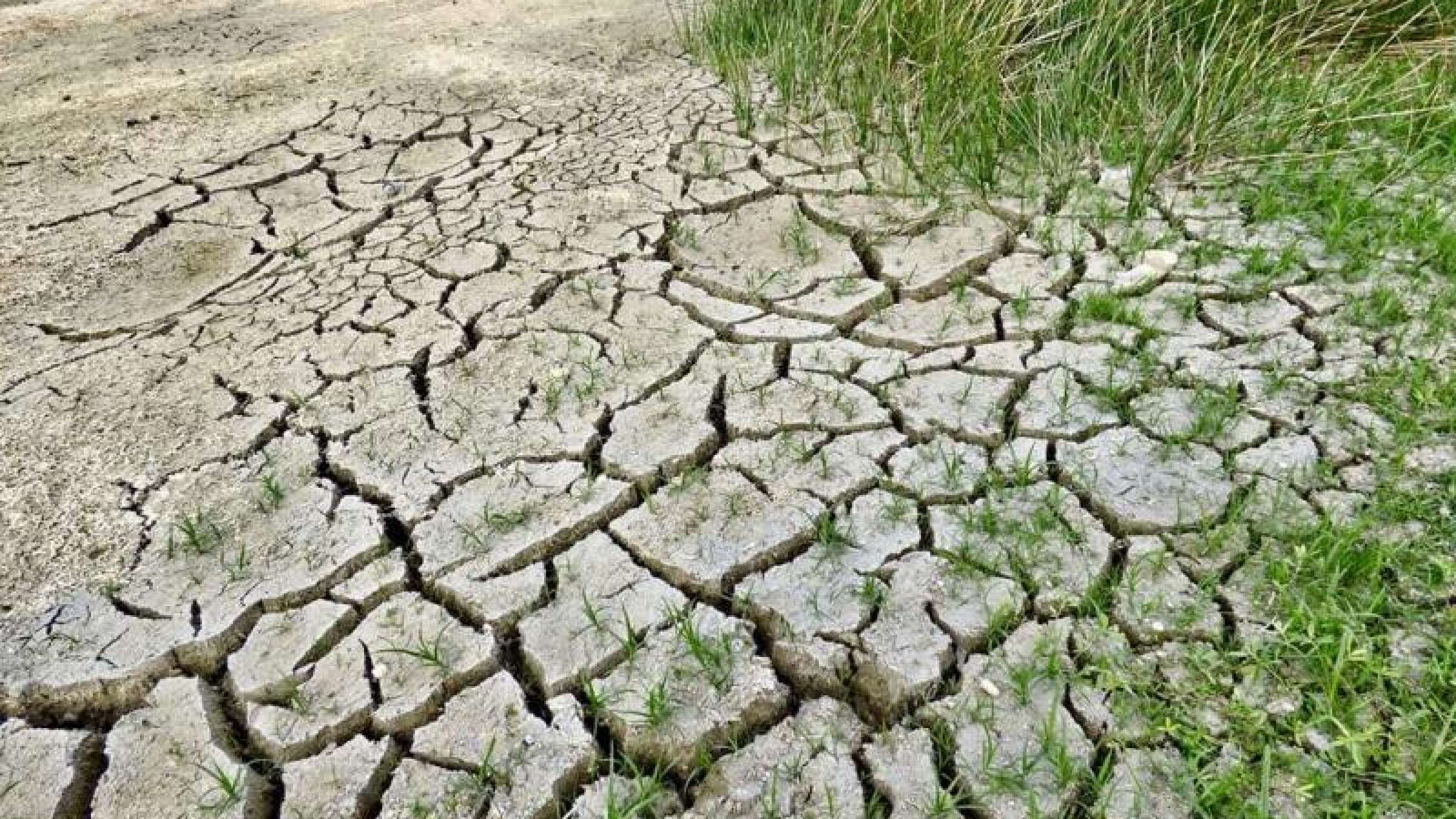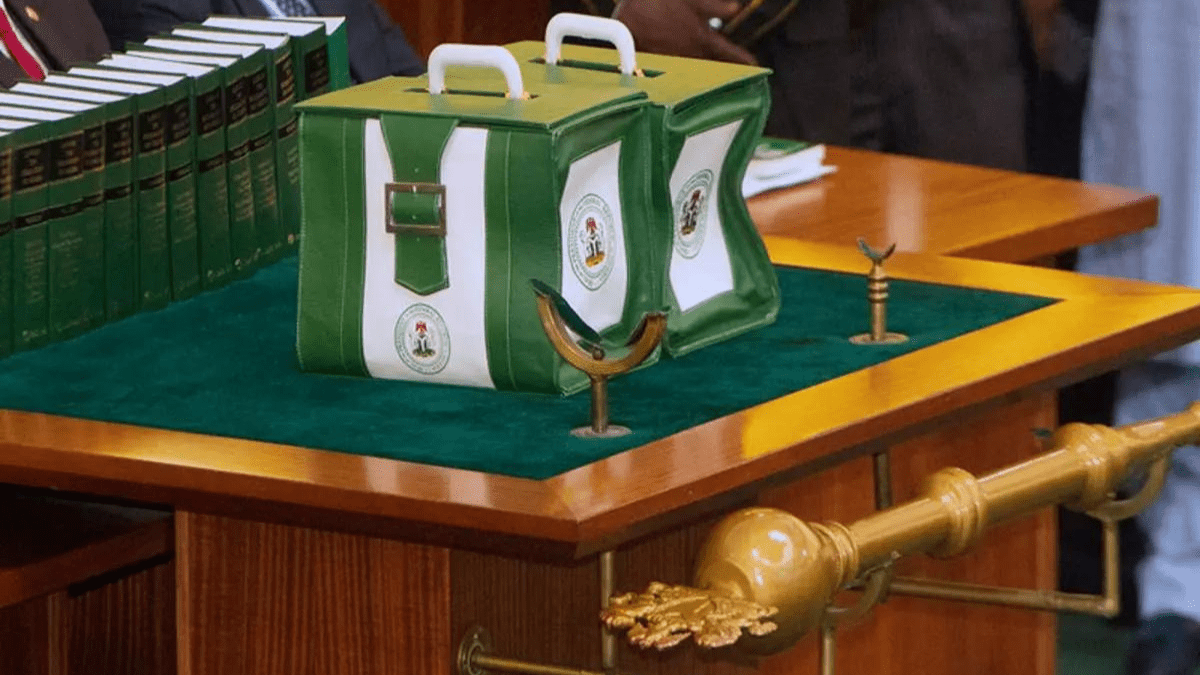The Nigerian authorities should carefully and objectively investigate why army airstrikes in Kaduna State on December 3, 2023, killed 85 people at a religious celebration and severely injured dozens of others.
The concerned authorities should also adequately compensate the survivors and the loved ones of those killed and provide services to help them recover from their injuries and trauma.
The airstrikes were the latest in a series of Nigerian military attacks that have erroneously killed civilians. They hit people gathered for Maulud, a Muslim religious event, in the Tundun Biri community in Igabi Local Government Area of Kaduna State.
Kaduna is among several states in North West Nigeria where criminal gangs, commonly referred to as bandits, kill, pilfer and kidnap for ransom.
The authorities describe these gangs as terrorist groups. Security forces’ responses, including air operations, are often abusive.
Witnesses said that the celebration was in progress around 9:45 to 9:50 p.m. when the first bomb dropped, killing about 56 people, most of them women and children.
They described the scene as total chaos, especially when survivors began calling family members of victims from nearby villages to come to the scene, identifying and carrying dead bodies and helping those injured. They said that at around 11 p.m., a second bomb was dropped, killing many responders from nearby villages.
One witness said that when the second bomb fell, they ran for cover and stayed hidden for hours. They described the horrific scene they found when they came back, including people lying on the ground, covered in blood, with shattered limbs. They said they had to gather body parts, put them in bags, and use leaves to cover dead bodies.
One person said that he lost 14 family members, including his 17-year-old daughter, his three nieces, two nephews, and his brother.
People interviewed said that about 71 people had serious injuries including fractures to their legs, waistline area, and ribs, as well as open wounds that left their bones and flesh visible.
Since 2017, over 300 people are reported to have been killed by airstrikes that security forces claimed were intended for bandits or members of Islamist armed group Boko Haram, but instead hit local populations.
The authorities have taken no concrete actions to provide justice or accountability or to ensure that its operations going forward better protect civilians.
We are concerned that this tragedy keeps recurring. In the past, similar unfortunate strikes killed several people in Rann, Borno State in 2017; Sububu, Zamfara State in 2021; Kurebe village in Shiroro local government of Niger State in April 2022; Southern Kaduna in June, 2022; Mutunji community in Zamfara State in December, 2022, and Kwatiri, a rural community in Nasarawa State in January, 2023.
As much as we do not agree with those who impute ethno-religious motives to these unfortunate incidents, the collateral damage is enormous and must be condemned.
In discharging its constitutional mandate to defend the country and protect its citizens, the military must not use its resources to hurt innocent Nigerians.
“In discharging its constitutional mandate to defend the country and protect its citizens, the military must not use its resources to hurt innocent Nigerians.”
In October 2022, the Nigerian Air Force announced that it had opened an investigation into accidental airstrikes on civilians, but it has provided no further details since.
On December 4, the Nigerian Air Force dismissed claims that it was responsible for the Kaduna State attacks, saying that it is not the only agency carrying out operations with drones, which the Kaduna State governor said were used in the attacks.
The army has since claimed responsibility for the airstrike, which officials described as a routine mission against terrorists which inadvertently affected members of the community.
From information available, the Kaduna air strike was carried out by the Nigerian Army using an armed Unmanned Aerial Vehicle.
The use of armed UAVs has become the norm by almost all armies across the world because of their effectiveness and the ability to guarantee force protection.
Since its introduction in the Nigerian Army in 2012, first as a platform for intelligence, reconnaissance and surveillance capability, the deployment of UAVs has helped tremendously to improve operational efficiency and decimate bandits across the North East, North West and North Central.
This unfortunate tragedy marked the first time such would happen since the introduction of drones into the combat operations of the Nigerian Army. It must therefore be viewed seriously, so that adequate measures could be taken to prevent a recurrence.
Nigerian security forces are bound under international human rights law to use force only if unavoidable, and even then, with restraint and in proportion to the circumstances. Intentional lethal use of firearms should only be employed when strictly unavoidable to protect life.
We are pleased that President Bola Tinubu has called for an investigation into the incident in Kaduna, but investigations should include other erroneous airstrikes to thoroughly scrutinize military operations and ensure that they improve protection of civilians.
It is imperative that those responsible are held accountable for their actions, and measures are put in place to prevent any recurrence of such incidents in the future.
We also urge the Nigerian Army to re-evaluate its rules of engagement and training procedures to prevent the loss of innocent lives during military operations.
It is vital that the Nigerian Army, as a defender of the nation, exercises utmost caution to avoid any further instances of collateral damage and civilian casualties.
The authorities should ensure accountability and take necessary steps to stop these unacceptable mistakes that have caused needless deaths.
Foreign governments supporting the military should also pressure the authorities to scrutinize their security operations, adopt necessary measures to avoid harm to local populations, and adequately compensate victims and their families.

